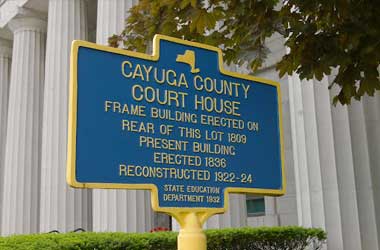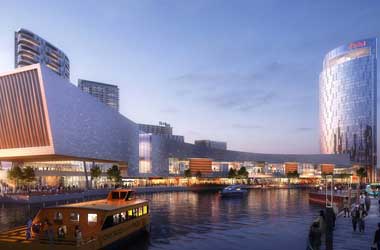 A few legislators belonging to Taiwan’s governing Democratic Progressive Party (DPP) have suggested that the provision in the country’s Offshore Islands Development Act that permits local referendums to be held for approving casino gaming be removed, as per local media reports.
A few legislators belonging to Taiwan’s governing Democratic Progressive Party (DPP) have suggested that the provision in the country’s Offshore Islands Development Act that permits local referendums to be held for approving casino gaming be removed, as per local media reports.
One of the four legislators proposing the abolishment Lin Ching-yi, earlier remarked that removing the clause would help reduce wasting of administrative resources pointing to the lack of any substantial results from the three referendums held since 2009. The provision being referred to is the Article 10-2 of the Act, which states that a casino can be set up if more than 50 percent of valid votes are received in a referendum held in any of the outlying islands.
Formosa EnglishNews
The Taiwanese government lifted a ban on casino gambling in the outlying island chains of Kinmen, Matsu, and Penghu in 2009. Gaming remains illegal on the main island of Taiwan. Referendums have been held so far in the islands chains of Penghu and Matsu. A vote held in October 2016 in Penghu showed 81 percent of those who voted were not in favour of opening casinos on the island.
A similar referendum held on the same island back in 2009 also rejected a casino proposal. Residents of the island chain of Matsu voted in favour of casinos in July 2012 but there was no further progress due to lack of support from the central government. The legislative move comes in wake of Kinmen County government receiving a request to hold a referendum for allowing casinos on the islands. If accepted, the referendum would be held by October.
Lin was reported by a local media agency as stating that Taiwanese citizens were not in favour of gaming and also pointed to regional gaming trends. The other three legislators supporting the abolishment are Yang Yao, Wu Yu-chin and Chen Man-li. Yang who is a representative from Penghu stated that any such establishment on the islands would be dependent on visitors from Mainland Chinese which may not be an advisable business model.
China considers Taiwan as one of its provinces and not an independent nation. It is a politically sensitive issue and the election win of President Tsai Ing-wen who is from the independence-supporting DPP has increased tensions. Tourism between the two countries in recent months has also dropped.
The proposal from DPP lawmakers has already been submitted to the Economics Committee of the country’s parliament, the Legislative Yuan. The committee will be reviewing the proposal before forwarding it for a second round of reading by Taiwan’s legislators.

 United States
United States United Kingdom
United Kingdom














